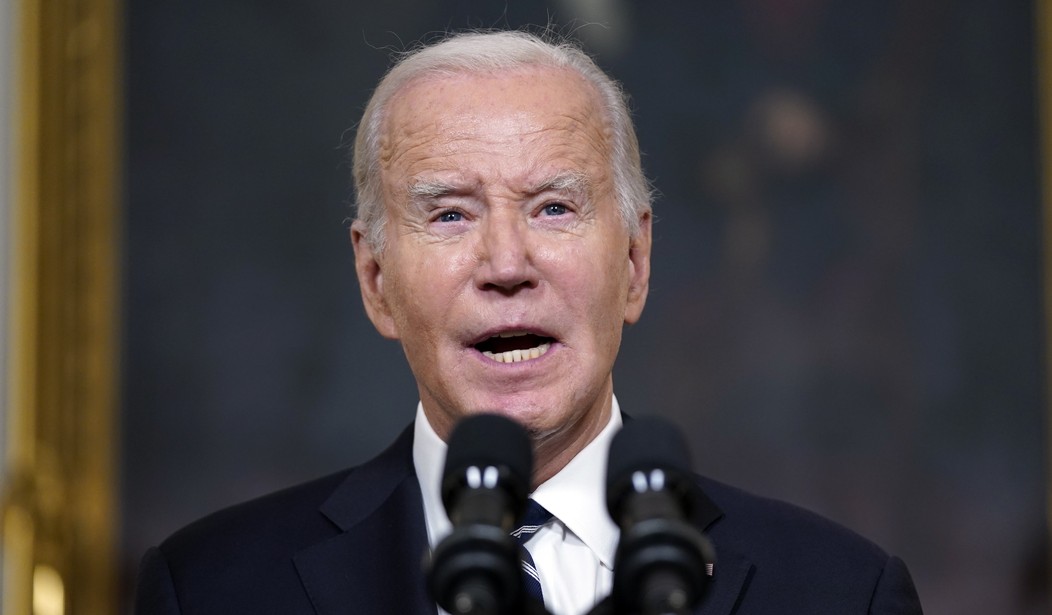When Congress was working on the legislation that gave us Part D – the prescription drug benefit of Medicare – Rep. Henry Waxman, D-Calif., the man who brought down Big Tobacco, had a bad feeling about where capitalism might lead.
He wanted to insert a provision that would set the monthly premium for Part D plans at $41 per month. He feared without a limit the price soon would be out of reach for most of the potential customers. The plans opened at $22 per month and even now are only at $33.
Moreover, Part D is that rare government program that has come in under budget – as much as 30% less than projected. And the Centers for Medicare and Medicaid Studies says almost all that savings has been because the government was not allowed to negotiate drug prices.
As of this year, with passage of the Inflation Reduction Act, the government is allowed to negotiate drug prices. And if there was any question whether this would lead to a price increase, those have been erased.
So far, the government has identified 10 drugs that will be subject to negotiation with pharmaceutical companies. If any of those companies refuse to sell the drug for the negotiated price, the government will impose a 95% excise tax on consumers, virtually doubling the price of these drugs.
As critics predicted, we went straight from negotiation to price controls. Price controls mean the drug companies have less incentive to produce what will soon become money-losing drugs. That makes them more scarce, not more available, and it starves the drug companies of the money they use to develop new drugs – the price tag for which is about a half-billion dollars now.
Recommended
The tax starts at 65% and escalates to 95% in the first 271 days after a drug company refuses to honor the government’s price.
Moreover, the administration has started with 10 drugs but plans to name as many as 60 drugs that will be subject to this 95% tax in the coming year. The current negotiations won’t take effect till 2026, which means there is still time to reverse this policy.
So we’ve gone from a program that has come in 30% below cost over its nearly 20 years of life now to one where the government is essentially engaging in armed robbery to achieve less savings. If drug companies don’t accept the government’s price, the government ends up with half the revenue from that drug.
The Joint Committee on Taxation said it expects all manufacturers would either lower their prices to the government-approved level or remove the drug from the US markets and that this would save taxpayers $10 billion or so per year in Part D payments. But because drug companies would probably comply, the tax itself would not result in any new revenue for the government.
But it would hurt drug companies. It’s easy to beat up on pharmaceutical companies – both sides do it when convenient. But the Congressional Budget Office, in analyzing drug pricing proposals in the past, insists it’s not a clear win for Americans to save $10 billion a year but lose the innovation and development of new drugs that are foregone by such a move.
In the 1990s, Europe was ahead of the US in biopharma research. But price controls and other interventions in the European medicines market and the adoption of more market-friendly drug policies in the US enabled American companies to take the lead in investment, jobs and innovation.
By the end of the decade, the US was ahead, and it has only widened its lead since. As we have learned in energy and other sectors, having the capabilities on US soil is superior to shopping abroad for vital products.
And make no mistake, this is not a negotiation; it’s a stick-up. What if the government simply gets tired of negotiating and imposes a price? What exactly can the drug companies do? What is their alternative? Why would they continue to operate in such an environment?
It’s not crazy for policymakers in the US to try to reduce drug prices for constituents. But it is not beneficial to those constituents to force drug companies to meet the government’s bottom line price. We have a strong drug innovation pipeline, and as Covid and other developments showed us, it’s more important than ever to keep it that way.
























Join the conversation as a VIP Member